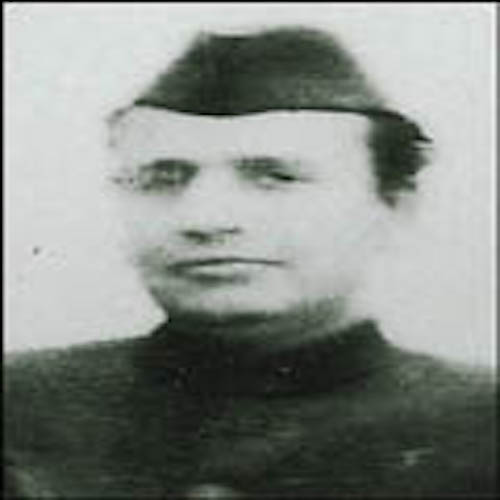Early Life:
Kaka Bhagwant Roy was born on 15 January 1917 in Ludhiana, Punjab. He was active in politics from a young age, as a member of the Students and Labour Federations. He joined the newly founded All India Students Federation, and was part of its Working Committee in 1937.
Role in India’s Independence Movement:
Roy was actively involved in the freedom struggle, participating in the Quit India Movement in 1942 for which he was imprisoned. He was active in the political scene in the Patiala Princely State, being elected as a member of the All-India States Peoples’ Conference from here. The AISPC was a forum for politically minded people from the Princely States to come together and collectively negotiate with the British.
Contribution to Constitution Making:
Roy was a representative of the Patiala and East Punjab States Union in the Constituent Assembly. He spoke up for the rights of the people of the Princely States. He also intervened in the debates surrounding the allocation of subjects to different lists, arguing in favour of a greater role for the states.
Later Contributions:
As part of the Constituent Assembly, Roy was also a member of the Provisional Parliament that functioned until 1952. He was a part of the Trade Delegation sent to South-East Asia in 1950.
Not much is known about Roy’s political career following independence. He passed away in Ludhiana on 29 July 1978.
- Roy argued in favour of granting the states a greater role in industrial development during the debate on allocation of subjects to various lists.
- On the eve of the adoption of the final Cosntitution, Roy spoke eloquently about the revolutionary nature of the document, which had taken power away from despotic tyrants and empowered the common people. He also spoke about the challenges ahead, pointing out untouchability and communalism as the greatest among them.

